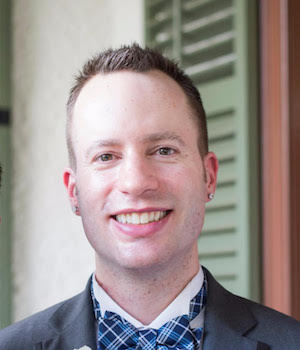ISR Students Named 2017 CyLab Presidential Fellows
Two ISR Ph.D. students, Hana Habib and Ryan Wagner, were recently named recipients of the 2017 CyLab Presidential Fellowship.
CyLab is a university-wide initiative founded in 2003 to establish public-private partnerships to develop new technologies for measurable, secure, available, trustworthy, and sustainable computing and communications system. A decade later, CyLab is one of the largest university-based cybersecurity research and education centers in the United States.
The CyLab Presidential Fellowships, established in 2016, are awarded to high-achieving exemplary graduate students researching topics around security and privacy. Each fellowship covers one year of tuition.
 Hana Habib
Hana Habib
Ph.D. student in Societal Computing. Advised by Engineering and Public Policy and Institute for Software Research (ISR) professor Lorrie Cranor
Habib’s research studies human behavior in relation to privacy and security. She utilizes the Security Behavior Observatory, a longitudinal study capturing privacy and security related metadata from participants’ home computers via data collection software.
“The purpose of this research is to understand the steps people take to protect their online privacy and security in their daily lives through analyzing data collected over a period of three years from hundreds of Windows home users."
 Ryan Wagner
Ryan Wagner
Ph.D. student in Software Engineering. Co-advised by David Garlan (Institute for Software Research) and Matt Fredrikson (CSD)
Wagner’s research focuses on formal verification of security properties. Traditionally, formal verification has been applied to small to moderate sized pieces of software where the source code is known to the verifier, and it has yielded tangible benefits to security. In Wagner’s research, he’d like to apply many of the same techniques to software systems at an architectural level to enable systems to dynamically adapt and gracefully degrade their functionality in the presence of an adversary.
“These funds will be incredibly helpful as I transition from coursework to full time research and need to buy books, software, and other materials. Additionally, travel on occasion to keep the lines of communication open with my former colleagues, and this will help me to continue to do so, so that I can produce research that is directly applicable to the cybersecurity problems that we confront.”